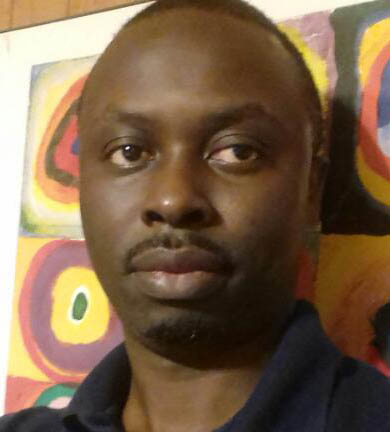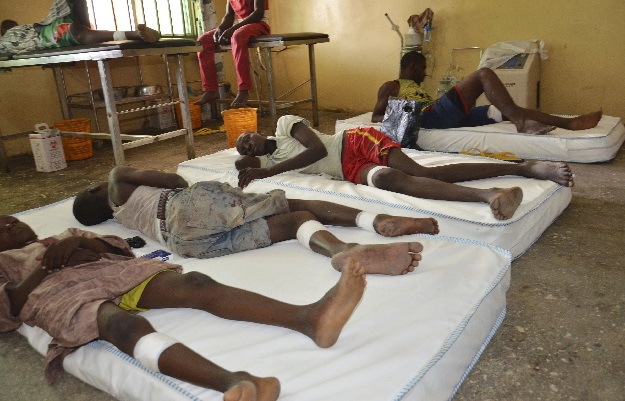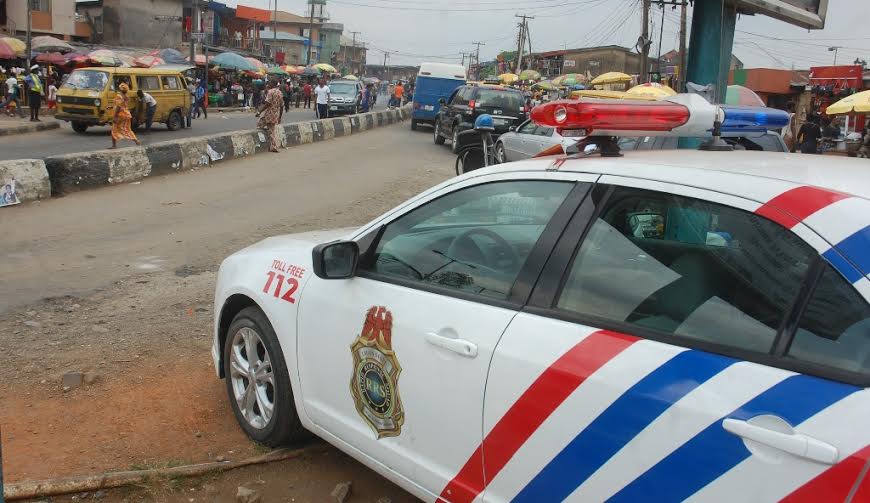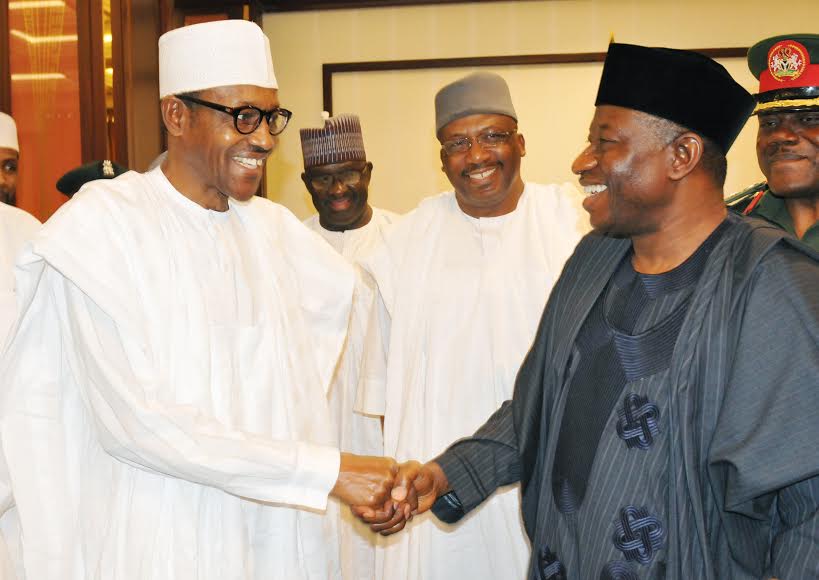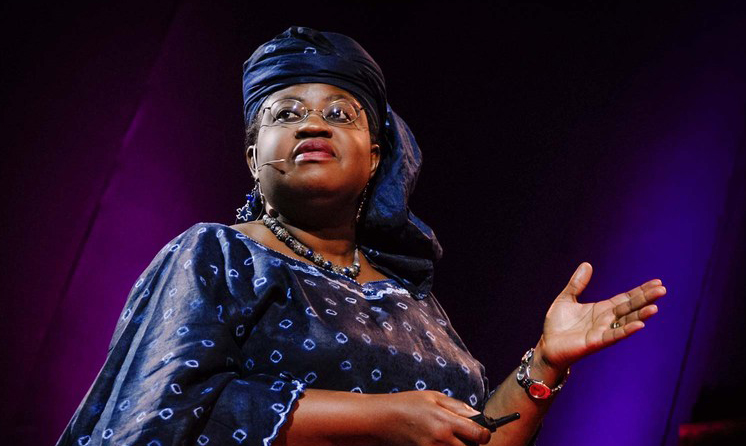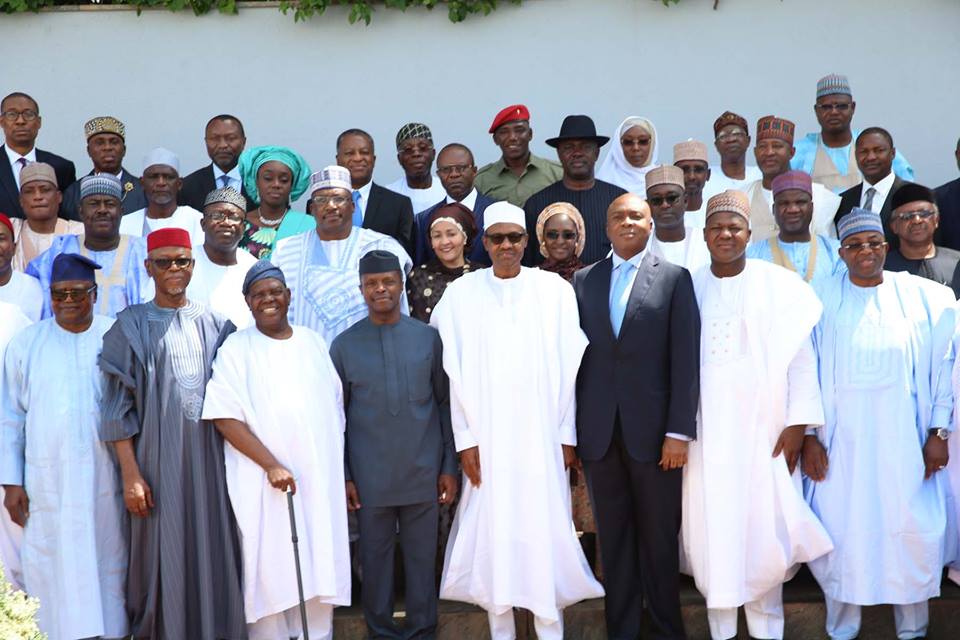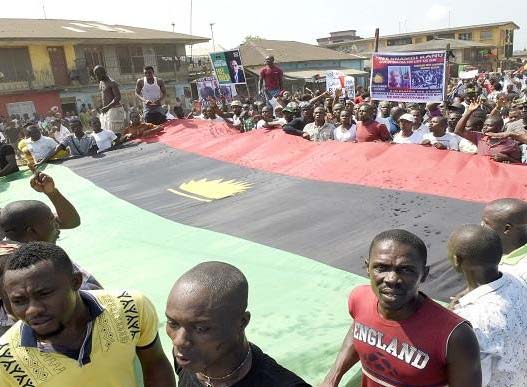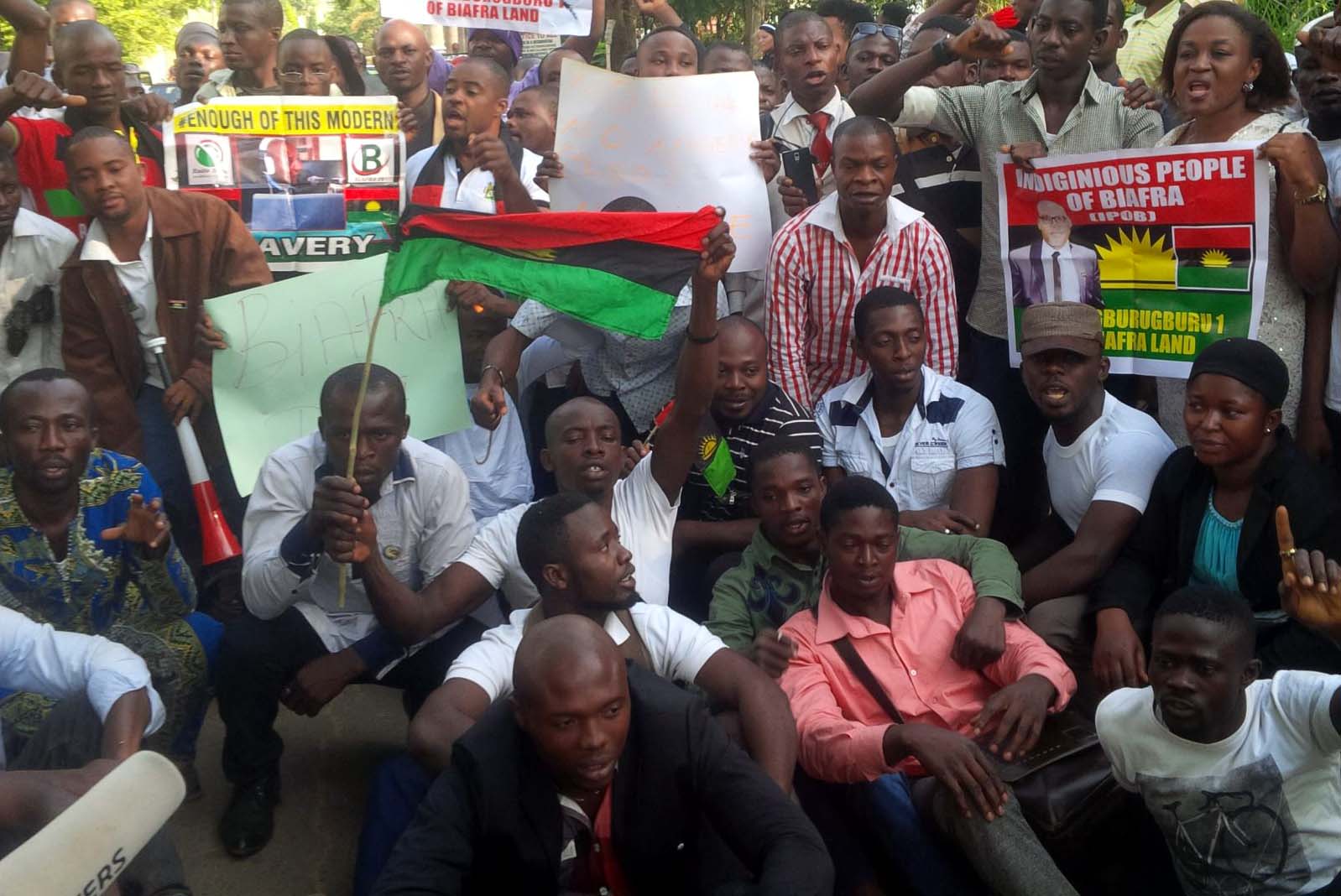Liquidity dry up, perennial power outage, Boko Haram insurgency, plunging petrodollar, fuel scarcity, weak currency and other national crisis are features that provided a rocky start for Nigeria’s new leader, Muhammadu Buhari, but six months after his second shot at the presidency of Africa’s biggest economy, the situation has gone from worse to worst for Nigerians.
Nigeria is being kept poor, sick and hungry by the Buhari government and I have no reservation for this citation.
Buhari’s unconventional economic policy is at the root of the current problems faced by Nigerians. The desperation to stabilise naira has made the country’s central bank imposed currency restrictions that has scared off investors and caused economic recovery to linger.
The starvation of businessmen of United States dollars for their imports and the squeeze on domiciliary accounts maintained by many middle class in the country as a form of savings continue to dry out their hope for a better life that Buhari government professed.
Advertisement
The current economic slump in Nigeria, which he was elected to fix, but has remained in the woods makes Buhari to appear to his countrymen as a man without blueprint for his new job.
On a recent week, the London-based Economist magazine criticized Buhari’s decision to appoint a somewhat untested person as Minister of Finance at a time Nigerian economy is yearning for recovery.
The international magazine described the newly appointed economic minister, Ms. Kemi Adeosun, who is expected to help Buhari restore confidence in the economy as a feeble person that is “poorly qualified for the job.”
Advertisement
And amidst popular call for removal of fuel subsidies that has seen Nigeria wasted its savings on some middlemen providing gas supply services in the country, Buhari shrugged off the call to suspend the subsidies regime, when he recently sent a supplementary budget to the Nigerian Senate for the approval of payment of N413billion subsidies arrears to oil marketers “to avert another fuel crisis”.
The crisis Mr. Buhari seeks to avert in the country is now full-blown with citizens struggling to survive a hellish situation. And with Christmas a few days away, it is debatable if Nigerians will have a merry Christmas in this conundrum.
Since he came to office in May, Buhari started battling fuel crisis in Nigeria with no serious change in the situation.
For instance, Nigerian banks shortened opening hours, flights were cancelled and telcos restricted services as an after effect of a fearsome fuel crisis that made the economy to be in a prostrate state in May.
Advertisement
There’s now a repeat of that circumstance in the country with Nigerian jerry cans— from homes with power failure—forming a long queue at gas stations as motorists equally struggle to share the little space.
But Nigeria’s abundant oil should be a refuge for its citizens’ local use, the years of neglect in servicing its petrol refineries and growing corruption associated with the country’s oil economy in the past has made sweet crude a bitter taste for Nigeria’s 170 million population.
At the moment, Nigeria’s four ill-maintained government-owned refineries can only handle just a little above 16 percent of their capacity for 445,000 barrels per day.
In 2011 alone, Nigeria’s fuel subsidy cost the country an estimated $8 billion and despite moves to cut down Nigeria has spent more money to subsidize fuel importation than putting the money in a reform to transform the subsidies regime or development spending.
Advertisement
In the last 11 months, Nigeria spent $4.822billion on fuel subsidies, yet several states in the country couldn’t get money to pay its workers.
The cost of the fuel subsidies has continued to grow exponentially with no real benefits to the Nigeria’s poor.
Advertisement
Nigeria’s fuel subsidies continue to crowd out other development spending. By comparison, Nigeria’s total allocation for education and health care is poor, when consideration is given to what goes into fuel subsidy. The country continues to borrow to finance its infrastructure needs, despite the enormous money going into fuel subsidy without so much impact on the poor.
Analysts in the oil and gas sector of the country have opined that the subsidies have discouraged private investors who obtained refining licenses from building plants because of concern that costs may not be recovered without market-determined fuel prices.
Advertisement
In the midst of the trouble with Nigeria, there’s one chance of reversing the trend with the country’s national population census that is done in a 10 year circle, but President Buhari hasn’t given any indication of Nigeria’s preparedness for such exercise under his watch.
In the past, ill preparation for census in Nigeria means the country often had discredited figures and controversial statistics about its population.
Advertisement
In 2006, when Nigeria conducted its last population census, there was dispute over the figure provided for Kano State in the north and Lagos state in the south respectively.
That controversy led to the exit of the head of Nigeria’s population agency, Mr. Festus Odimegwu, who later accused politicians of vested interest. According to Odimegwu, politicians tried to undermine the integrity of the count.
The 2006 census had found Kano to be the most populous state, with almost 9.4 million inhabitants, followed by Lagos, with just over 9 million. It is not clear how Buhari will manage the challenge often associated with head count Nigeria in 2016.
One more thing is the ongoing protests in the south, where there’s a resurgent of the old wound—the Biafra war.
Many young Nigerians born after the war from the eastern part of the country have become riotous making a demand for autonomy of a Biafra Republic that will see the eastern part of Nigeria secede from the country. The Nigerian civil war that lasted 30 years was premised on the same agitation from 1967 and 1970. Since the protests began, arrests have been made and some of the protesters have been shot dead. There’s really hell in Nigeria, even Buhari has spent more days outside the country to avoid the hellish landscape.
Follow me on Twitter @adeola_akinremi
Views expressed by contributors are strictly personal and not of TheCable.
